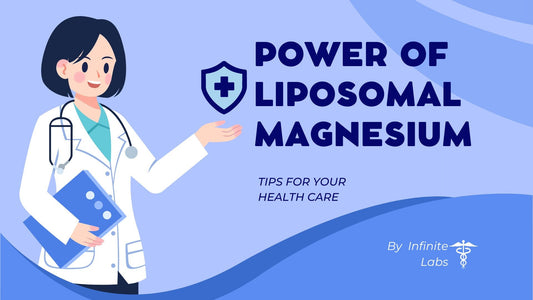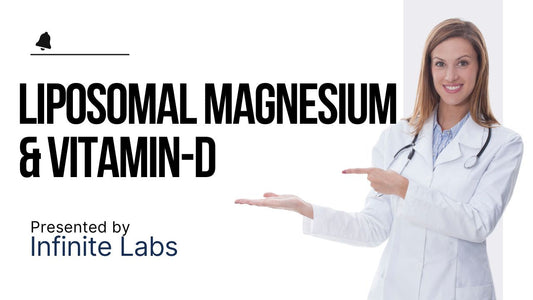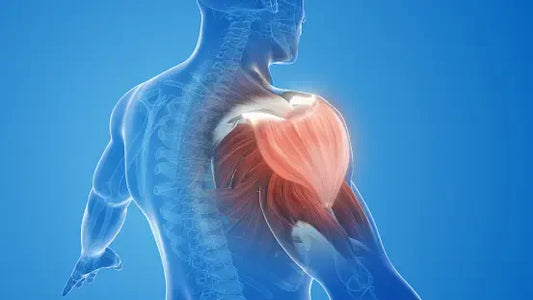

Best Fats for for Muscle Mass
Table of Contents
| Best Fats for for Muscle Mass |
by: Robbie Durand
Healthy sources of dietary fat provide the building blocks to support optimal testosterone production. Testosterone levels reach a peak during a man’s twenties. Aging and lifestyle factors such as stress, improper diet, physical inactivity, smoking, drinking and the use of prescription medications can significantly reduce these levels.If your not getting enough fat in your diet, you may be hurting your bodies natural testosterone production. Its been shown that vegetarians have lower testosterone than normal due to their low fat diet. Researchers examined how a low fat, high fiber diet impacted testosterone levels on 39 middle-aged, white, healthy men (50-60 yr of age). At the start they consumed their usual high-fat, low-fiber diet and then an 8-week modulation to an isocaloric low-fat, high-fiber diet.
At the end of the study, the detrimental effects of a low-fat diet were:
- Mean body weight decreased by 1 kg, whereas total caloric intake, energy expenditure, and activity index were not changed
- Mean serum testosterone (T) concentration fell
- Small but significant decreases in serum free T
- Small but significant decrease in 5 alpha-dihydrotestosterone (enzyme that converts cholesterol into testosterone)
- Small but significant decrease in adrenal androgens (androstendione and dehydroepiandrosterone sulfate)
- Production rates for T showed a downward trend while on low-fat diet modulation
| Best Fats for Testosterone |

The researchers overall conclusion was clear: We conclude that reduction in dietary fat intake (and increase in fiber) results in 12% consistent lowering of circulating androgen levels. Most bodybuilders would think that a good steak is the best food to raise testosterone, but according to research, olive oil may be the best fat to increase testosterone. Before you run to the store and buy a gallon of olive oil and start chugging it, the study was performed in rats. For sixty days, the rats were given feed to which seventy grams of soya oil, olive oil, coconut oil, or grapeseed oil per kilogram had been added. At the end of the study, the researchers were interested in how much testosterone levels changes at the end of the study. Olive oil was the best fat for raising testosterone, but olive oil had a few other potent beneficial effects. The researchers also found a relationship between the diet, the amount of free cholesterol in the Leydig cells and the testosterone level. The Leydig cells make testosterone from cholesterol. A diet that is rich in coconut oil or olive oil apparently helps the cells to absorb more cholesterol. Cholesterol is vital per-cursor for testosterone production. So natural athletes could optimise their testosterone production by making olive oil their main source of fat. Olive oil and coconut oil also raise the concentration of the body’s own antioxidants in the Leydig cells, which produce testosterone. Another theory is that leydig cells begin to produce less testosterone due to cell damage from free radicals, the anti-oxidants in olive oil and coconut oil may prevent cell damage. Olive oil and coconut oil also increased the two enzymes necessary for testosterone production which were 3-beta-HSD and 17-beta-HSD. This was a all done in cell cultures so its not conclusive evidence that it works in real life. There has never been a study in humans to show that olive oil or coconut oil raises testosterone levels in man, but the study is interesting nevertheless. So based on the study, the best fats for testosterone are olive oil, followed by coconut oil.
Hurtado de Catalfo GE, de Alaniz MJ, Marra CA. Influence of commercial dietary oils on lipid composition and testosterone production in interstitial cells isolated from rat testis. Lipids. 2009 Apr;44(4):345-57. doi: 10.1007/s11745-008-3277-z. Epub 2009 Jan 8.
Testosterone and cortisol in relationship to dietary nutrients …
http://jap.physiology.org/ Wed, 01 Jan 1997 00:00:00 -0800
Significant correlations were observed between preexercise T and percent energy protein (r = −0.71), percent energy fat (r = 0.72), saturated fatty acids (g ⋅ 1,000 kcal−1 ⋅ day−1;r = 0.77), monounsaturated fatty acids (g ⋅ 1,000 … Dietary intake has been rarely documented in studies examining the hormonal response to resistance exercise despite evidence indicating that specific nutrients may have the potential to alter the regulation and metabolism of T and C.
MUSCLE MEDIA MAGAZINE FOR MEN
The premier source of training, nutrition, supplements, fat loss and health for men.

















